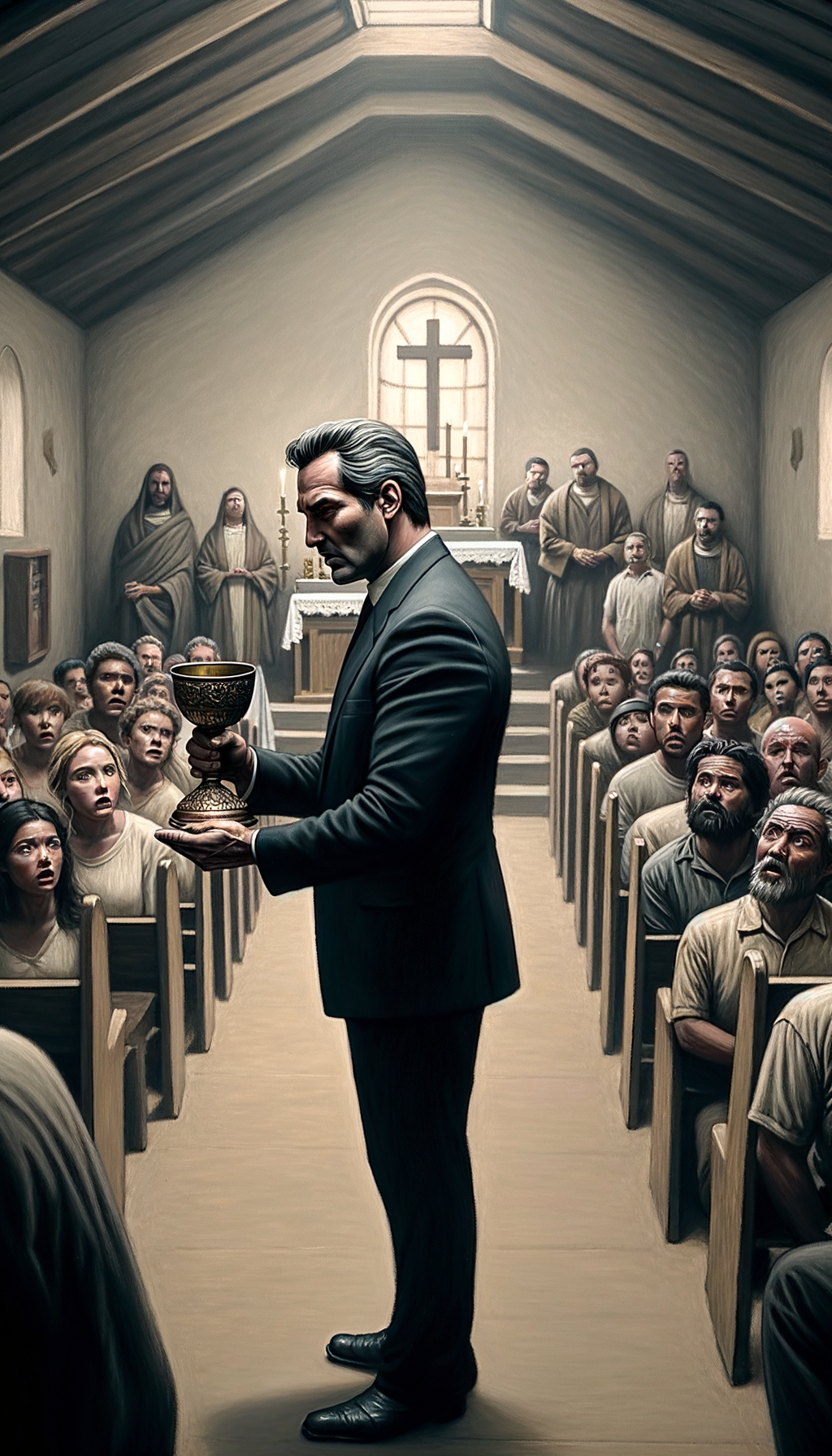El Salvador – The Martyrdom of Archbishop Óscar Romero – March 24, 1980
TLDR;
- Event: Archbishop Óscar Romero was assassinated on March 24, 1980, while celebrating Mass in San Salvador, El Salvador.
- Context: His death occurred amidst escalating tensions leading to the Salvadoran Civil War, which began in 1980.
- Impact: Romero’s assassination intensified international focus on El Salvador and spurred the resistance against government oppression.
- Legacy: He remains an enduring symbol of faith and justice, inspiring ongoing efforts for peace and human rights.
–
Story
The air was thick with tension as Archbishop Óscar Romero stood at the altar, his voice echoing through the small chapel. The faithful gathered, seeking solace in his words amidst the chaos of a nation on the brink of war. But as he raised the chalice, a single shot rang out, silencing the voice of El Salvador’s most ardent advocate for peace and justice.

In the late 1970s, El Salvador was a country on the brink. Tensions and violence were escalating, setting the stage for the Salvadoran Civil War, which officially began in 1980, the same year Archbishop Romero was assassinated. Amidst the violence, Archbishop Romero emerged as a beacon of hope. He spoke fearlessly against the oppression and human rights abuses perpetrated by the government, becoming a voice for the voiceless.
Romero’s sermons were broadcast across the nation primarily through the radio, his words a lifeline for those suffering under the regime’s brutality. But his courage made him a target. On March 24, 1980, as he celebrated Mass at the chapel of the Hospital of Divine Providence in San Salvador, an assassin’s bullet found its mark, ending his life but igniting a fire of resistance that would burn long after his death.
Romero’s assassination was a turning point. It galvanized international attention and intensified the struggle for justice in El Salvador. His legacy endures, a testament to the power of faith and conviction in the face of tyranny.
The road to peace in El Salvador was long and fraught with sacrifice, but Romero’s spirit lived on, inspiring generations to fight for a just world.
–
| Would a different approach by the international community have changed the course of El Salvador’s history? |